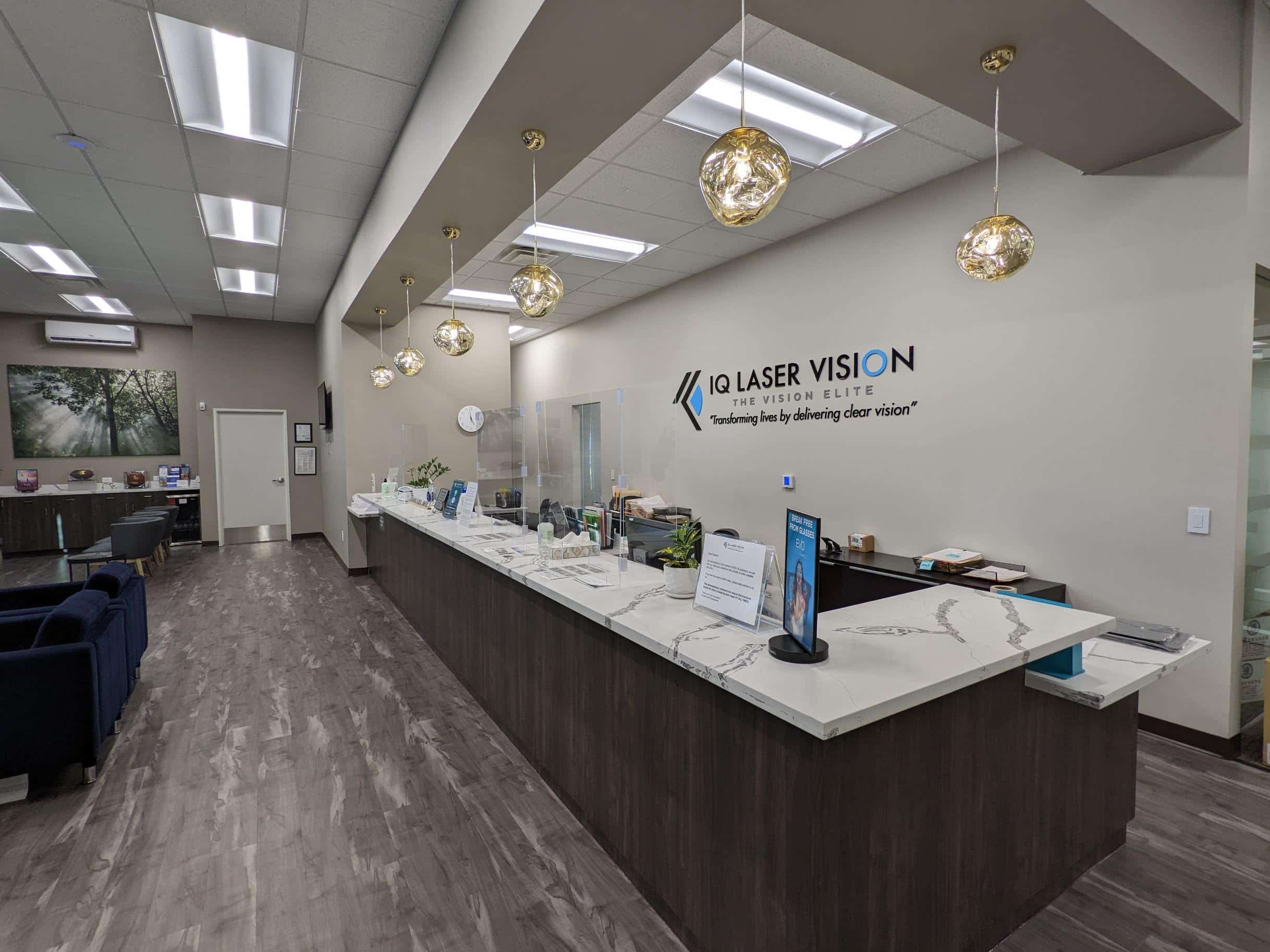
LASIK (laser-assisted in situ keratomileusis) is a widely popular corrective eye surgery that reshapes the cornea to improve vision. LASIK offers a permanent solution for individuals struggling with nearsightedness, farsightedness, and astigmatism. Unlike contact lenses or glasses that require frequent replacement or adjustments, LASIK offers a long-term vision correction strategy.
Understanding the Permanence of LASIK
The cornea is the transparent dome-shaped structure at the front of the eye. It’s responsible for focusing light rays onto the retina. During LASIK surgery, a femtosecond laser creates a precise corneal flap. The underlying corneal tissue is then reshaped using an excimer laser to correct refractive errors. Once the reshaping is complete, the corneal flap is repositioned and heals naturally, without stitches.
The key to LASIK’s permanence lies in the reshaping of the corneal tissue. The changes made to the cornea’s curvature during LASIK are permanent. This means that the achieved improvement in vision is long-lasting and does not require reversal.
LASIK vs. Temporary Vision Correction Methods
While LASIK offers a long-term solution, other vision correction methods provide temporary fixes. Here’s a comparison:
- Contact Lenses: Contact lenses require daily cleaning, replacement, and can cause eye infections with improper use.
- Eyeglasses: Eyeglasses can become uncomfortable, inconvenient, and may not fully correct peripheral vision.
- Orthokeratology: This technique involves wearing rigid gas permeable lenses overnight to reshape the cornea temporarily. However, the effects are not permanent, and consistent lens wear is necessary to maintain corrected vision.

LASIK and Age-Related Vision Changes
It’s important to understand that LASIK corrects refractive errors present at the time of surgery. As we age, most people experience a gradual decrease in near vision, known as presbyopia. This is a natural part of the aging process, and is not caused by LASIK. Presbyopia typically begins around age 40 and can be addressed with reading glasses or bifocals.
Similarly, LASIK does not prevent cataracts, a clouding of the natural lens of the eye that can occur later in life. Cataracts are treated with a surgical procedure.
LASIK: A Smart Long-Term Investment for Your Vision
LASIK surgery is a highly effective solution for achieving lasting freedom from glasses and contact lenses. By permanently reshaping the cornea, LASIK provides enduring vision correction for the majority of patients. This procedure offers a long-term improvement in vision, eliminating the ongoing need for corrective eyewear.
If you’re considering LASIK, it’s essential to consult with an experienced ophthalmologist to determine if you’re a suitable candidate. At IQ Laser Vision, the initial consultation is complimentary and includes thorough eye exams to identify the best vision correction options tailored to your needs. Learn more and schedule your consultation today!
LASIK at IQ Laser Vision, more specifically the All Laser Soft Touch Micro-LASIK technique. A celebrated technique for its precision and minimal recovery time! Most patients achieve 20/20 vision or better, significantly enhancing their quality of life following this procedure. Adhering to post-operative care instructions is crucial to ensure optimal results and a smooth recovery. Discover the LASIK process and what to expect post-surgery
For those contemplating LASIK, the long-term benefits make it a financially sound choice compared to the recurring costs of glasses and contact lenses. Explore your options and see how LASIK can transform your vision. Schedule a consultation to explore how this transformative procedure can help you experience the world with renewed clarity. Start your journey to clear vision now























